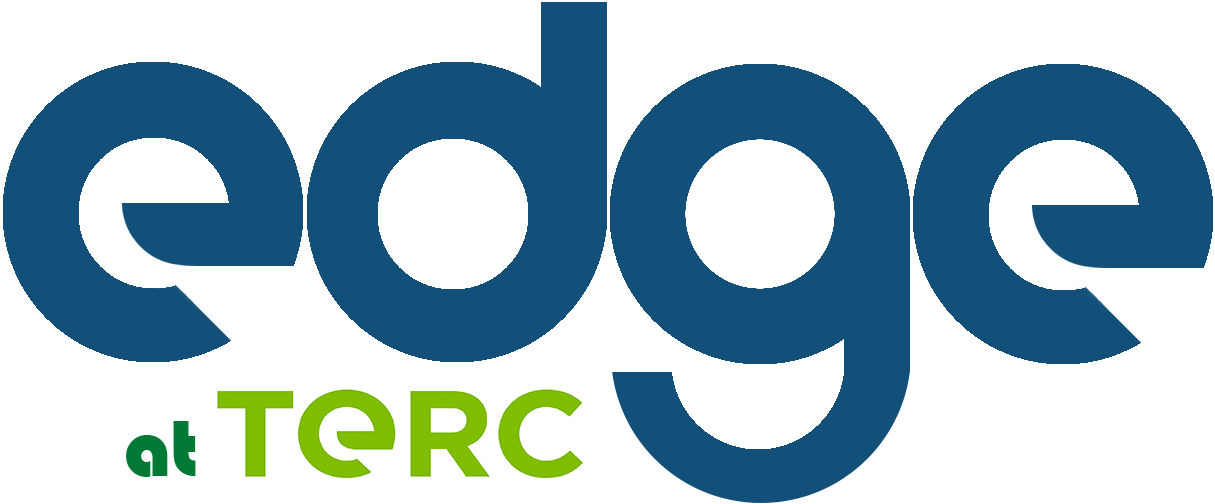Senior Instructional Designer, Education Materials Director of EdGE

Program/Areas of Interest
- STEM curriculum development
- Inclusive teaching and learning
- Executive Function
- Universal Design for Learning (UDL)
- Game-based learning
- Computational Thinking
- Educational Technology
- Effective and inclusive use of AI in K-12 STEM education
- Teacher education and professional development
Biography
Dr. Bardar is a physicist, astronomer, patented inventor, and UDL-credentialed curriculum developer At TERC since 2006, she has led the development of innovative curriculum across formal and informal settings, with a strong focus on differentiation, executive function supports, and Universal Design for Learning (UDL). Her work centers on co-designing instructional materials with educators, integrating educational technologies into STEM teaching, and providing professional development that empowers teachers to adopt inclusive, student-centered practices.
She brings a deep understanding of the intersection of STEM education and AI, having contributed scientific content and AI training for the virtual reality game Europa Prime, and conducted educational data mining on game data logs for Zoombinis.
As Education Materials Director for EdGE at TERC and a member of the Neurodiversity in STEM at TERC initiative, she champions approaches that promote equity and belonging in STEM.
Education
- Ph.D. in Astronomy, Boston University
- Sc.B. in Physics, Brown University
Highlighted Publications
Asbell-Clarke, J., Dahlstrom-Hakki, I., Voiklis, J., Attaway, B., Barchas-Lichtenstein, J., Edwards, T., Bardar, E., Robillard, T., Paulson, K., Grover, S., Israel, M., Ke, F., & Weintrop, D. (2024). Including neurodiversity in computational thinking. Frontiers in Education, 9. https://doi.org/10.3389/feduc.2024.1358492
Asbell-Clarke, J., Rowe, E., Almeda, M., Edwards, T., Bardar, E., Gasca, S., Baker, R., & Scruggs, R. (2021). The development of students’ computational thinking practices in elementary and middle-school classes using the learning game, Zoombinis. Computers in Human Behavior, 115, 1-14. https://doi.org/10.1016/j.chb.2020.106587
Asbell-Clarke, J., Bardar, E., & Edwards, T. (2020). The importance of teacher bridging in game-based learning classrooms. In M. Farber (Ed.), Global perspectives on gameful and playful teaching and learning (pp. 211-239). IGI Global. https://doi.org/10.4018/978-1-7998-2015-4.ch010
